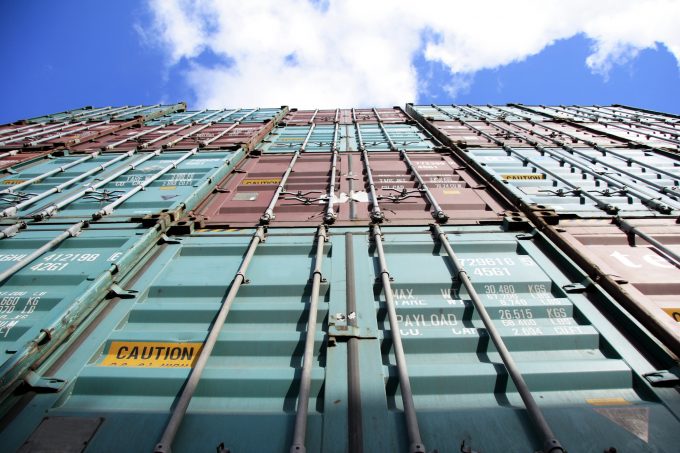Analysis: The DHL bull thesis in a bear market for air/sea yields
The inner beauty

Ocean carriers were in confident mood this week, with most container lines announcing increased FAK (freight all kinds) rates from 1 February.
The dilemma for those Asia Europe shippers out of contract – in a tradelane where contract rates generally run from 1 January to 31 December – is whether ...
CMA CGM South Korean staff strike over bonuses after bumper 2024 profit
'Another painful headache for shippers' as Asia-N Europe rate rally ends
Amazon Air Cargo partners-up for new transpacific route into the US
MSC switches two more Asia-Europe port calls from congested Antwerp
Ports and supply chain operators weigh in on funding for CPB
Nightmare for Bangladeshi exporters as congestion and tariffs bite
CMA airline returns two freighters, while ANA takeover of NCA looms
Carriers introduce surcharges as congestion builds at African ports

Comment on this article